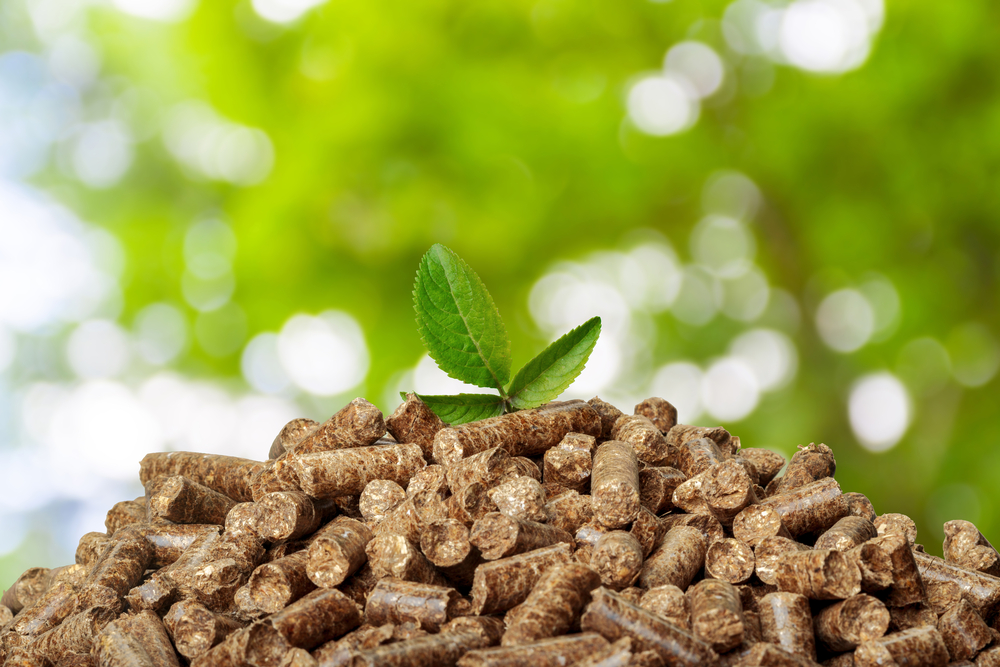Renewable energy, forestry and rural economic development organizations applaud the passage of the bipartisan Consolidated Appropriations Act of 2021 by lawmakers, which is expected to be signed by the President. The sweeping legislation includes a new investment tax credit (ITC) for high efficiency home heating equipment that utilizes wood pellets, chips and cordwood, which was part of a broader tax package extended by Congress to continue the expansion of clean energy technologies, such as wind and solar.
The Biomass Thermal Energy Council (BTEC) and its coalition have worked with Congress since 2009 to amend the tax code to incentivize modern wood heating systems through the Biomass Thermal Utilization Act (BTU Act). The Alliance for Green Heat, Forest Energy Corporation, Innovative Natural Resource Solutions, Maine Energy Systems, Orion Advocates, Pellet Fuels Institute, Renewable Heating Solutions, Sustainable Northwest and many more organizations played integral roles to achieve this commonsense tax reform, making renewable wood heating more affordable.
The credit applies to the installed cost of home heating and hot water systems that utilize wood pellets, chips and cordwood at efficiencies greater than 75% high heat value. A federal income tax credit of 26% commences with systems purchased in 2021 and phases down to 22% in 2022 and 2023. A wood pellet stove that costs $4,000 to install in 2021 will realize a savings of $1,040 once the credit is applied to a homeowner’s 2021 tax return.
The BTU Act (S.628, H.R. 1479) also included a business investment tax credit for high efficiency, renewable biomass systems, which was not included in the stimulus package.
Modern wood heating systems can help homeowners reduce dependence on non-renewable fossil heating fuels like oil and propane. Using wood for heating strengthens local economies, promotes forest health by creating markets for low grade timber, lowers the risk of wildfires and reduces greenhouse gas (GHG) emissions. By setting a 75% efficiency threshold, this will spur deployment of the cleanest and most efficient modern wood and pellet heaters.
The Biomass Thermal Energy Council (BTEC) is an association of biomass fuel producers, appliance manufacturers and distributors, supply chain companies, and non-profit organizations that view biomass thermal energy as a renewable, responsible, clean, and energy-efficient pathway to meeting America’s thermal energy needs.
